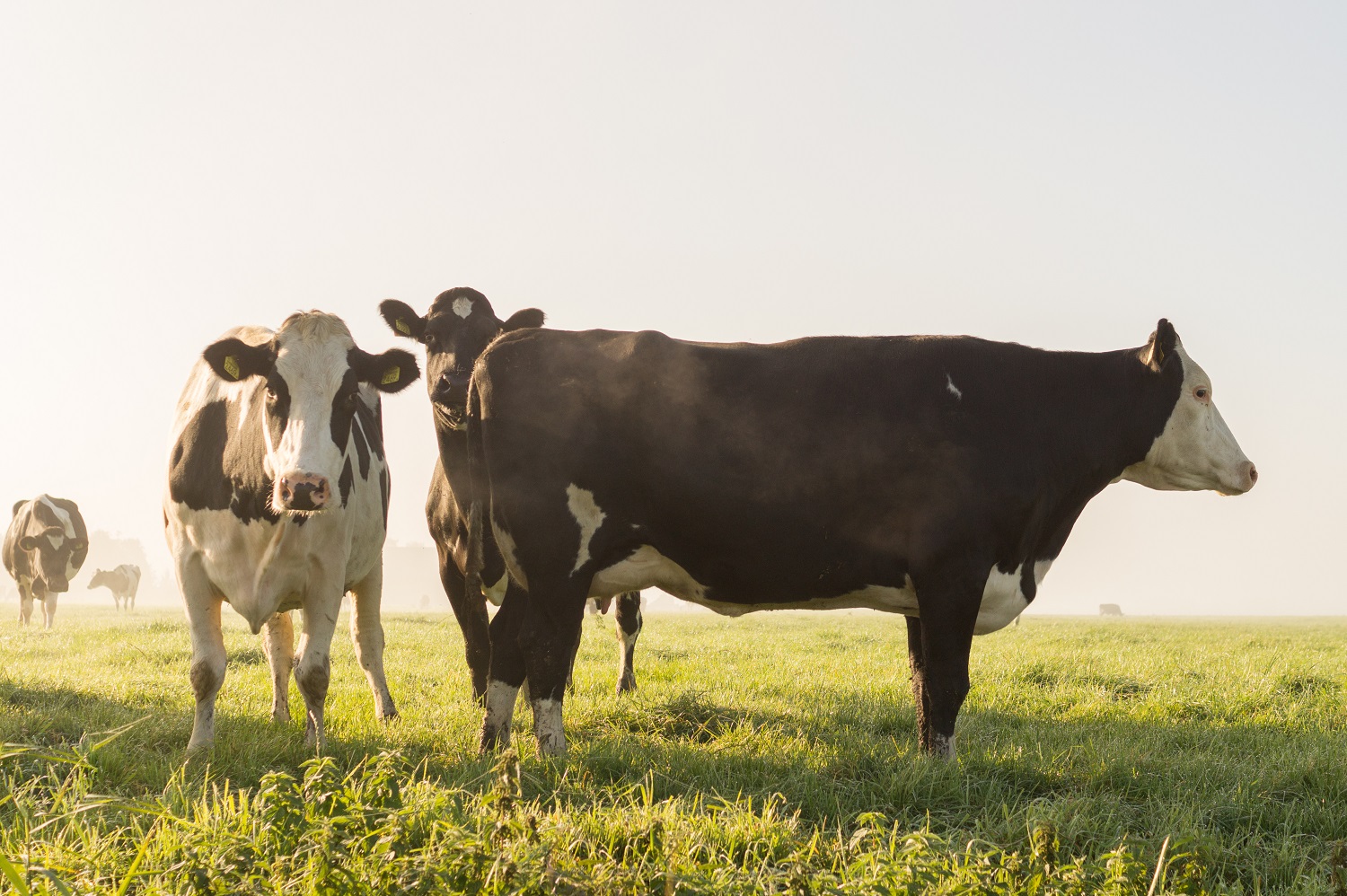Danish technologies creating safer production in India
Denmark has a leading position when it comes to delivering the most up-to-date and innovative technology solutions to food productions around the world that seek to minimize risk and optimize yield. By using the right technologies in their milk production, Indian farmers are obtaining a cleaner and safer production.
With an emerging middle-class the global dairy industry is forced to increase productivity and production volume without compromising on a high level of safety. In India, dairy products are a key source for protein and the price of raw milk is high. In recent years, the country’s dairy industry has faced a challenge with foreign substances being added to the raw milk with the goal of selling it for more money.
Solutions to keep level of food safety high
The technologies from the technology provider, FOSS, can help dairy farms of all sizes obtain a production with high productivity and a standardised product without impurities.
In partnership with some of FOSS’ largest dairy customers, FOSS discovered that their solutions would help Indian farmers to keep foreign substances out. FOSS’ technologies are developed to analyse chemical composition of milk, including protein, fat, lactulose and total solids. FOSS’ technologies can thus be used as a standard quality assurance tool to dairies around the world. Some of their technologies have specifically been made to fit small-scale farmers which has helped several farmers in countries like India.
FOSS’ technologies can be used as a standard quality assurance tool to dairies around the world
Increasing food safety with technologies from Denmark
Like FOSS, other companies from Denmark offer several high-tech solutions that can help improve processes throughout the value chain from farm to fork. Technology equipment and solutions that can overcome spoilage factors and ensure the technological solutions are necessary to increase food safety and to lay the ground for a standardised production that can secure food for 9 bn. people in 2050.


